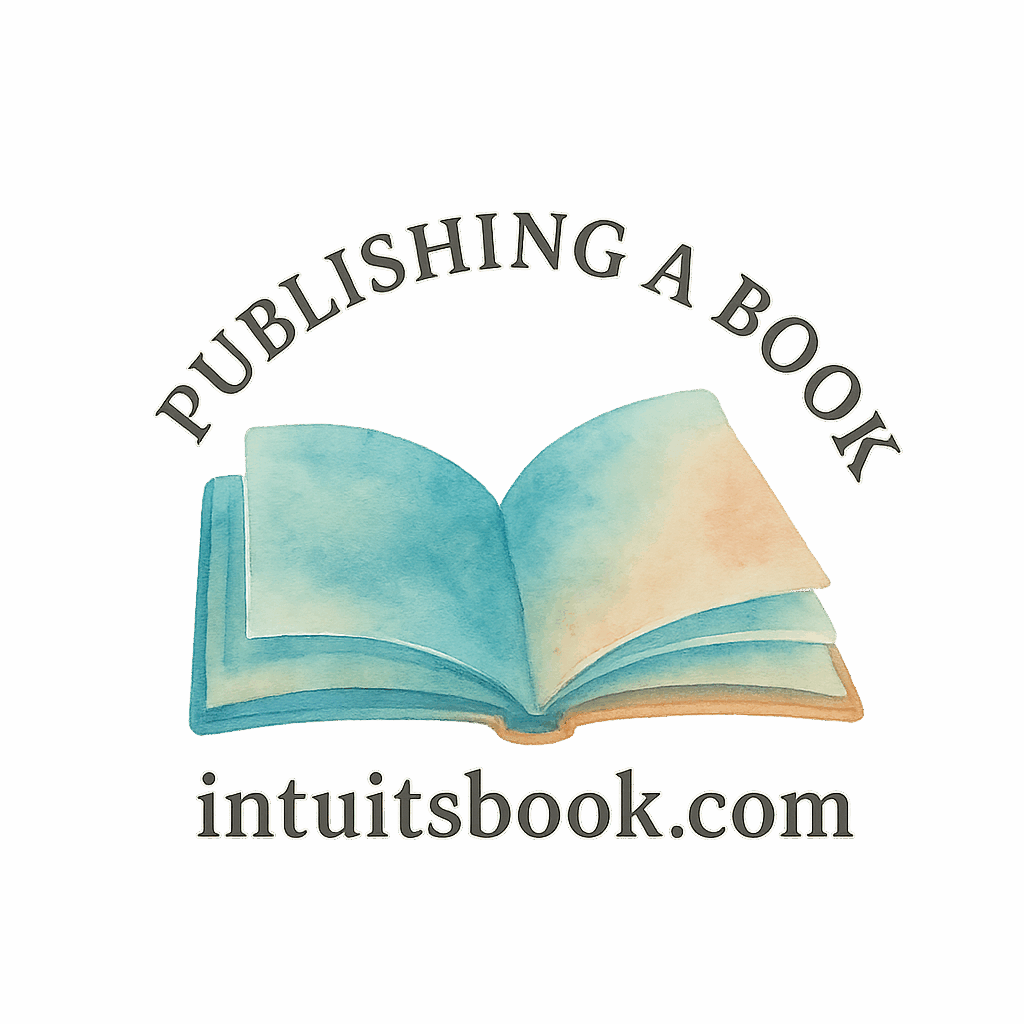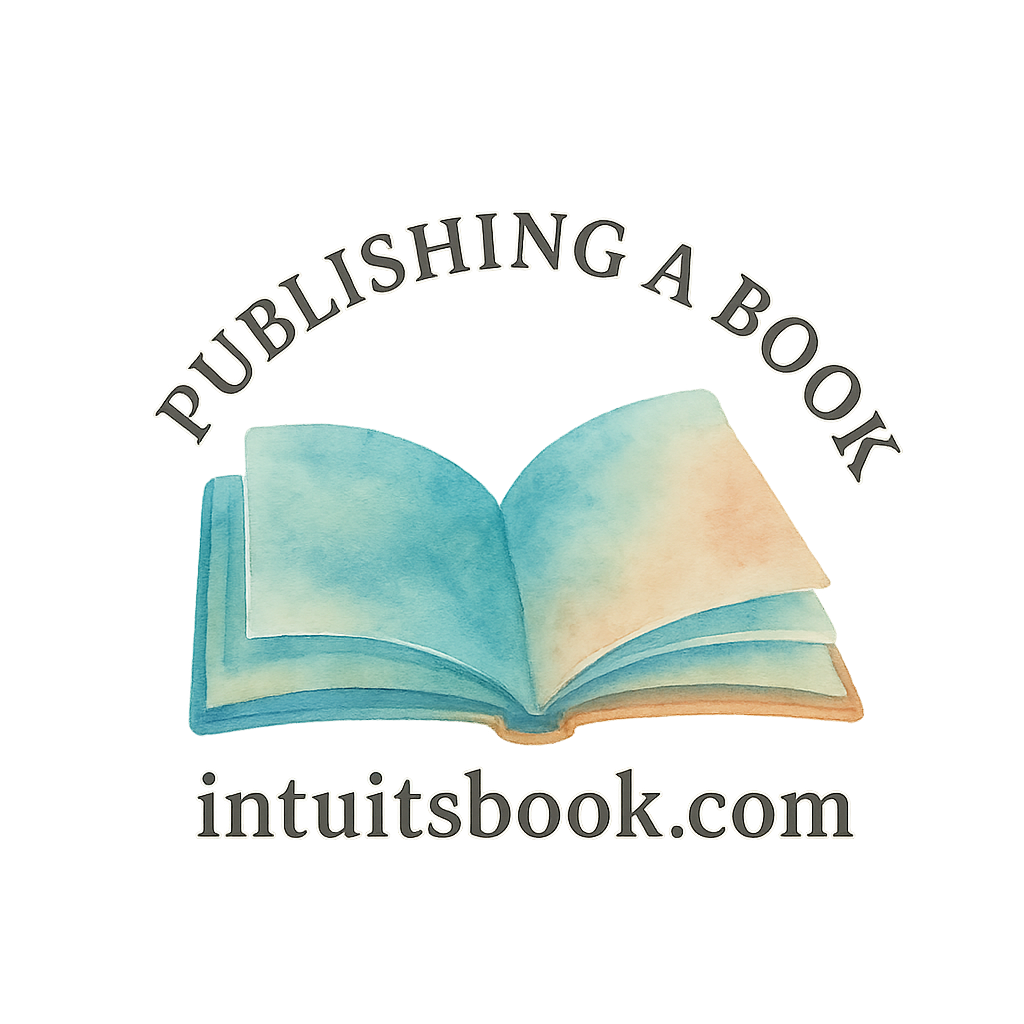Introduction to Email Marketing for Self-Publishing Authors
So, you’ve written a book—or maybe you’re still polishing that draft. Either way, if you’re serious about self-publishing, one thing’s for sure: email marketing is going to be your best friend. It’s one of the most powerful tools to connect directly with your audience, nurture loyalty, and ultimately, sell more books.
Why Email Marketing Matters for Independent Authors
Building Direct Connections with Readers
When you rely only on platforms like Amazon or social media, you’re at their mercy. Algorithms change, reach gets limited, and suddenly your audience can’t see your updates. But with an email list? You own that connection. You’re literally in your reader’s inbox.
Email vs Social Media: Which Works Better for Authors?
Think about it—when’s the last time you bought something just because you saw a tweet? Now compare that to a personalized email where the author shares a behind-the-scenes story about their writing process and invites you to grab their new release. Email consistently outperforms social media in conversions.
For a deeper dive into the writing journey, check out writing process.
Setting Up Your Author Email List
Choosing the Right Email Marketing Platform
Platforms like MailerLite, ConvertKit, and Mailchimp are popular choices. They allow you to build forms, send campaigns, and track results. The key is to pick one that feels intuitive and fits your budget.
Creating a Sign-Up Form that Converts
Your form should be simple, but persuasive. Don’t just say “Join my list.” Instead, try: “Get free bonus chapters, updates, and insider writing tips straight to your inbox.”
Offering Lead Magnets for Readers
Want readers to eagerly sign up? Offer something irresistible. It could be a free novella, character art, or even a behind-the-scenes guide on your book idea.
Crafting Engaging Email Content
Writing Catchy Subject Lines
If your subject line doesn’t grab attention, your email won’t get opened. Use curiosity, urgency, or value. For example: “What I learned from writing 3 books in 6 months” beats “Newsletter #5.”
Storytelling in Emails
Readers love stories—it’s why they follow you in the first place. Share your writing struggles, funny mistakes, or lessons learned during the manuscript steps.
Balancing Promotion with Value
Don’t only send “Buy my book” messages. Instead, mix in writing advice, sneak peeks, and tips you’ve learned from author education.

12 Self-Publishing Book Email Marketing Tips
Tip 1: Start Early with Your Email List
Don’t wait until your book is finished. Start building your list during the drafting stage. That way, when your book launches, you already have an eager audience.
Tip 2: Segment Your Readers
Not all subscribers are the same. Some may be fellow authors interested in publishing hacks, while others are readers who just want new stories. Segment your list for targeted messages.
Tip 3: Share Exclusive Content
Give your subscribers what they can’t get elsewhere—deleted scenes, writing playlists, or sneak peeks of your next release.
Tip 4: Use Automated Email Sequences
Set up welcome emails, launch countdowns, and post-purchase thank-yous. Automation saves time while keeping your readers engaged.
Tip 5: Send Personalized Recommendations
If you write in multiple genres, personalize recommendations. Readers who loved your fantasy series may not be into your romance novels.
Tip 6: Promote Your Book Launch Strategically
Build anticipation with a sequence: cover reveal, teaser excerpt, launch day announcement, and post-launch thank-you. This keeps momentum strong.
Tip 7: Include Strong CTAs in Every Email
Always tell your readers what to do next—whether that’s preordering your book, leaving a review, or checking out your book marketing guide.
Tip 8: Collaborate with Other Authors
Cross-promotions work wonders. Exchange mentions with independent authors in your genre and grow your list together.
Tip 9: A/B Test Subject Lines and Content
Don’t guess—test. Try two subject lines and see which gets more opens. Experiment with CTAs, images, and email length.
Tip 10: Offer Discounts and Time-Limited Promotions
Everyone loves a deal. Send limited-time discounts and include a ticking clock in your emails. Urgency works.
Tip 11: Re-Engage Inactive Subscribers
Not everyone will open your emails forever. Send a re-engagement email like, “Still want my updates? Click here to stay on the list.”
Tip 12: Track Metrics and Improve
Keep an eye on open rates, click rates, and unsubscribes. Learn what works and tweak your strategy.
Mistakes to Avoid in Email Marketing for Authors
Overloading Readers with Promotions
If every email screams “buy, buy, buy,” readers will unsubscribe. Balance promotions with genuine value.
Ignoring Mobile Optimization
Most readers open emails on their phones. If your design looks messy on mobile, you’ll lose them instantly.
Forgetting to Nurture Relationships
Remember—these are people, not just potential sales. Engage authentically and treat your subscribers like friends.
Advanced Email Marketing Strategies for Authors
Integrating Email with Book Marketing Campaigns
Use your list to amplify book promotion, blog posts, podcast appearances, or upcoming book tours.
Leveraging Free Marketing Opportunities
Email doesn’t have to cost much. With free tools and platforms, plus strategies from free marketing, you can scale your reach without breaking the bank.
Conclusion
Email marketing isn’t just about selling books—it’s about building lasting relationships with readers. When done right, it becomes your secret weapon for consistent book sales, successful launches, and loyal fans who stick around for every new release.
Want to dive deeper into your publishing journey? Explore resources like self-publishing, traditional publishing, and more on Intuitsbook.
FAQs
1. How often should authors email their subscribers?
Once a week or twice a month is a good balance—enough to stay top of mind without being overwhelming.
2. What’s the best free lead magnet for authors?
A free short story, sample chapters, or exclusive behind-the-scenes content works wonders.
3. Should I start email marketing before my book is finished?
Absolutely! Build your list early so you have an audience ready for your launch.
4. How do I prevent my emails from going to spam?
Avoid spammy words, keep your formatting clean, and encourage readers to whitelist your email.
5. Is email marketing better than social media for book promotion?
Email marketing typically converts better since it reaches readers directly.
6. Can I promote multiple books in one email?
Yes, but focus on one main CTA per email to avoid overwhelming readers.
7. What metrics should authors track in email marketing?
Pay attention to open rates, click-through rates, and unsubscribe numbers to measure success.


